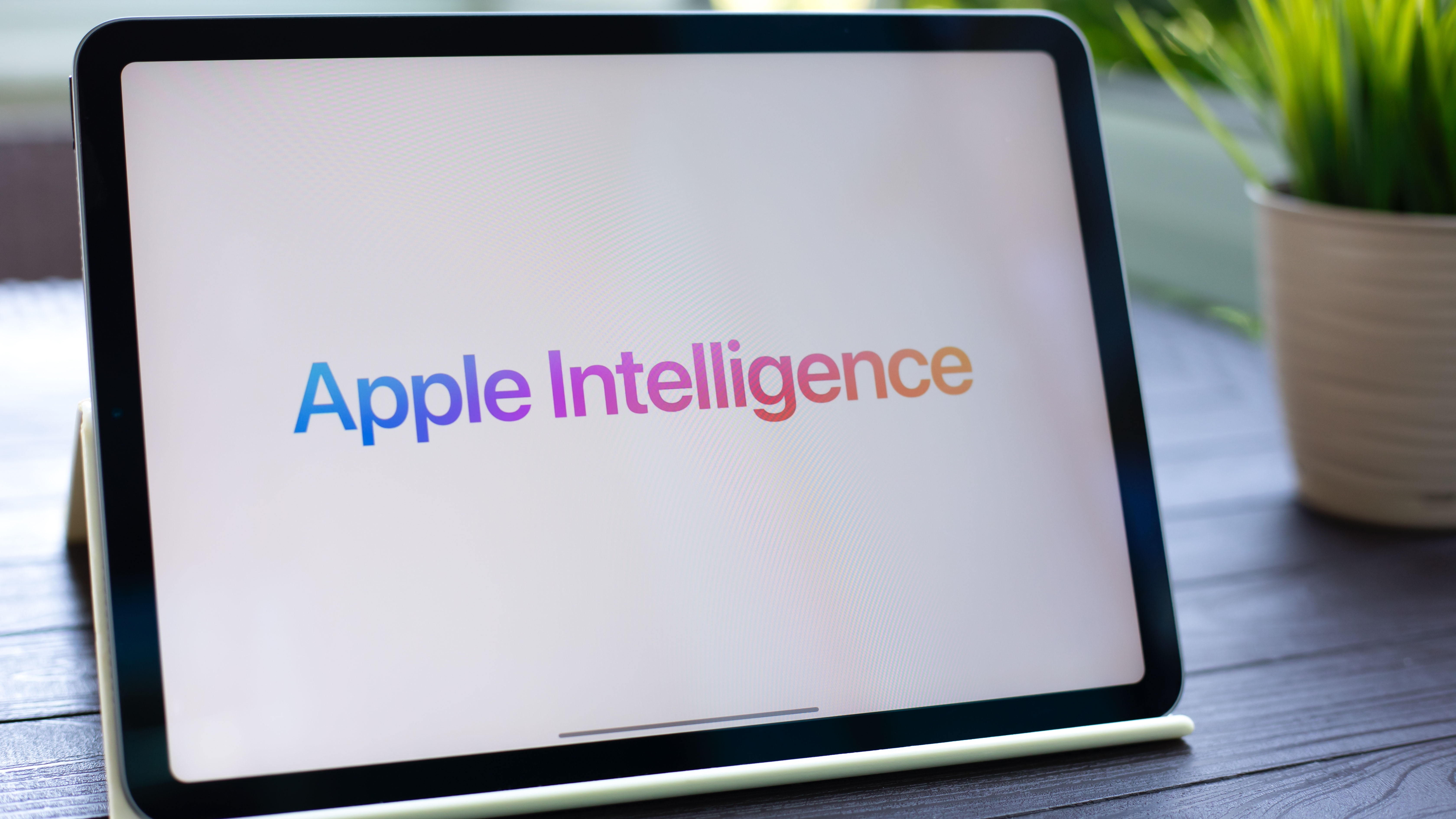
After a lengthy silence, it looks like Apple might finally be ready to re-enter the smart home market - but has it learned from past mistakes?
The company has been out of the smart home game for a long time (it's been silent on the subject since the arrival of the HomePod 2 in January last year), but according to Bloomberg's resident Apple expert Mark Gurman, it's ready to dive right back in with a bevy of new devices and a new operating system. Gurman (a reliable source for insider info) suggests that homeOS will be the connective tissue that links a series of smart displays scattered throughout your home, plus extra devices like a table-mounted robotic arm.
We first heard rumors about homeOS back in January this year, when the name was spotted in a beta release of Apple's TV operating system, but now Gurman suggests that it's likely to appear within the next two years.
It's an interesting strategy. As Gurman notes, Apple's previous attempts to work its way into our living rooms, kitchens, and bedrooms have come unstuck thanks to its focus on "premium products that work in a closed ecosystem". So why develop yet another proprietary OS - particularly when Apple has contributed to the Matter smart home standard to help the problem of compatibility between smart home devices from different brands? Many people who may consider scattering Apple's smart displays throughout their homes will have already invested in a different system, so why should they ditch their cheap Amazon Echo speakers in favor of something that will likely be much more expensive?

Why a new OS?
Gurman suggests that Apple's new screens will be affordable, but it's hardly likely to undercut Amazon - a company that allegedly lost $25 billion on Echo speakers between 2017 and 2021. Instead, the difference will likely be Apple Intelligence.
It seems likely that certain features of its new smart home tech will only be available to those who have fully invested in Apple's ecosystem, in the same way that people with a Windows laptop and an iPhone won't enjoy the same functionality they would if they switched to a MacBook, and Android phone owners get a stunted experience if they try to use a pair of AirPods Pro.
Apple's new smart screens will likely use Apple Intelligence to blur the lines between your phone and your home, letting a smarter version of Siri follow you wherever you go, transferring to your smart screens when you get back from work, and taking everything you did during the day with it. All your personal information, preferences, messages, and more will flow between the two, with no effort on your part, in a way they wouldn't be if your home were packed with a mix-and-match selection of devices from different brands.
Get daily insight, inspiration and deals in your inbox
Sign up for breaking news, reviews, opinion, top tech deals, and more.
It's been suggested that Amazon may try to recoup some of its speaker-based losses by introducing a premium, AI-powered Alexa subscription. However, Apple has no plans to start charging to Apple Intelligence until at least 2027, which might just give it the edge. Let's just hope they fix the dire state of the Home app, first.
iPhone owners will get their first taste of Apple Intelligence when iOS 18.1 launches later this month, and TechRadar's AI channel is the best place to find all the latest news and previews of new features coming your way soon.
You might also like

Cat is TechRadar's Homes Editor specializing in kitchen appliances and smart home technology. She's been a tech journalist for 15 years, having worked on print magazines including PC Plus and PC Format, and is a Speciality Coffee Association (SCA) certified barista. Whether you want to invest in some smart lights or pick up a new espresso machine, she's the right person to help.